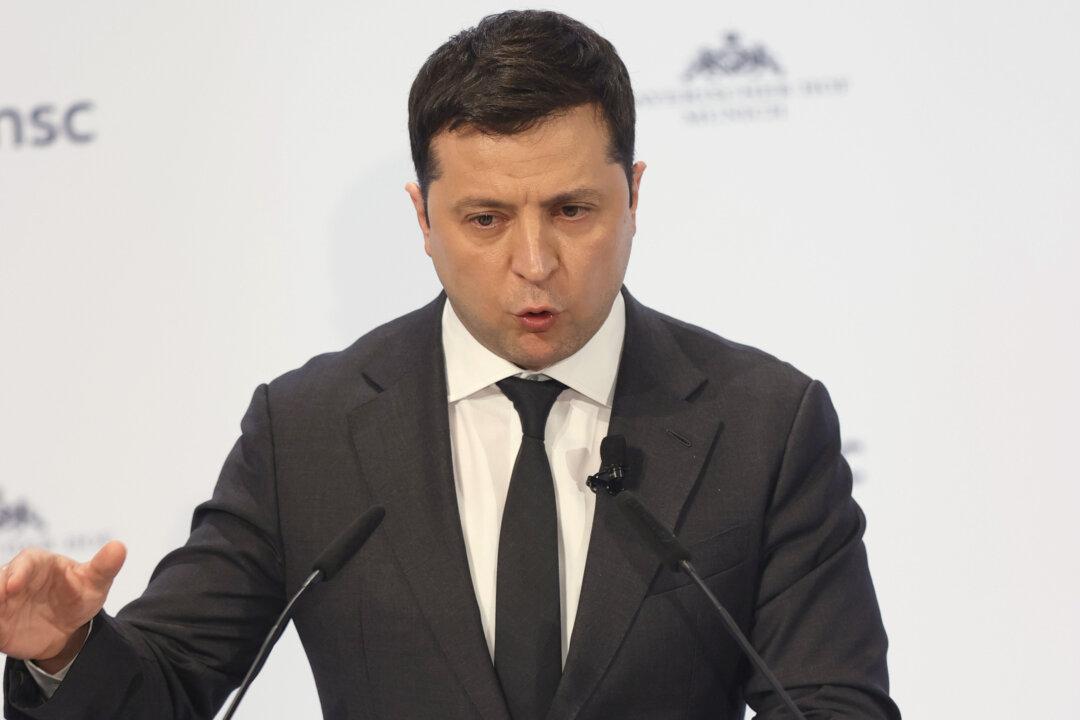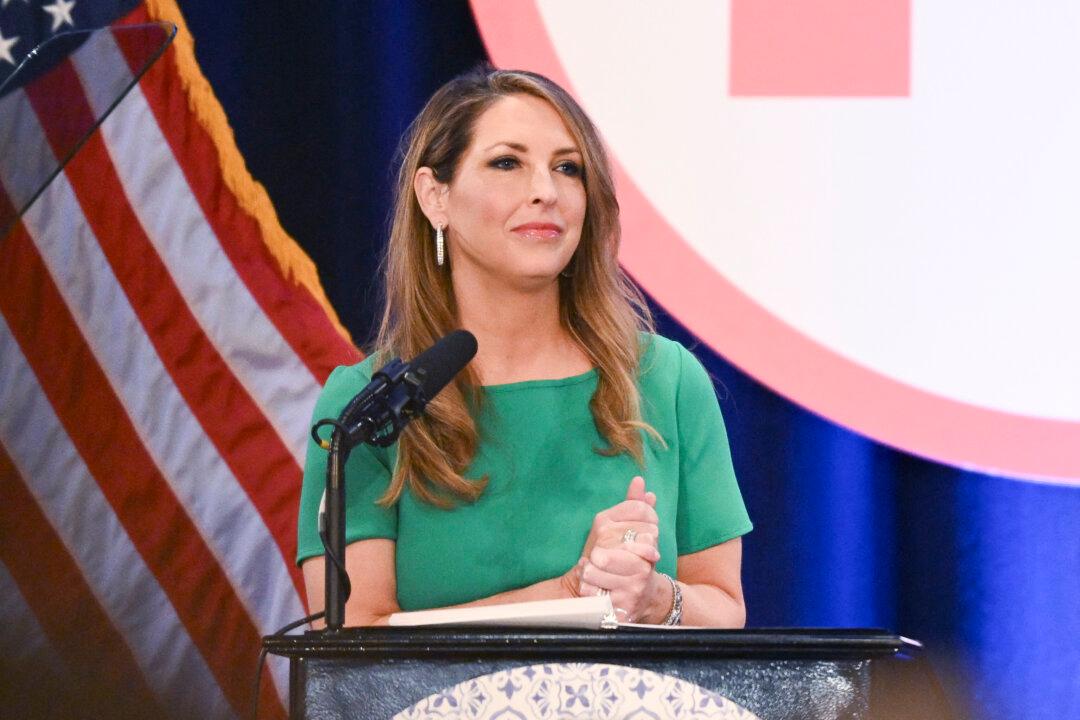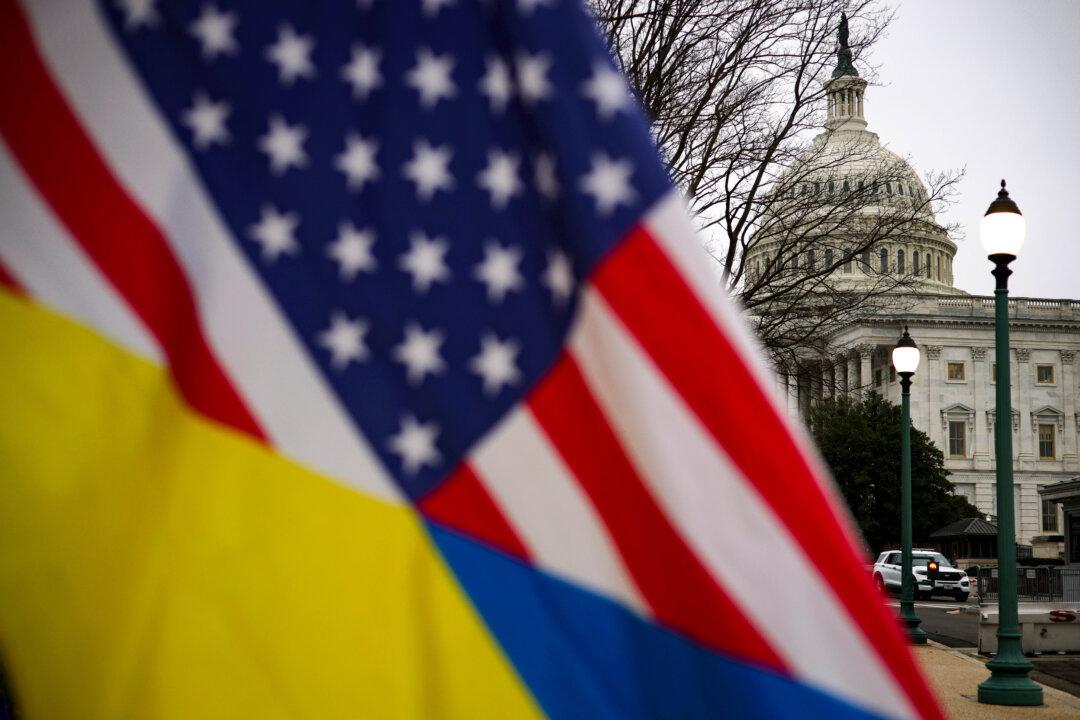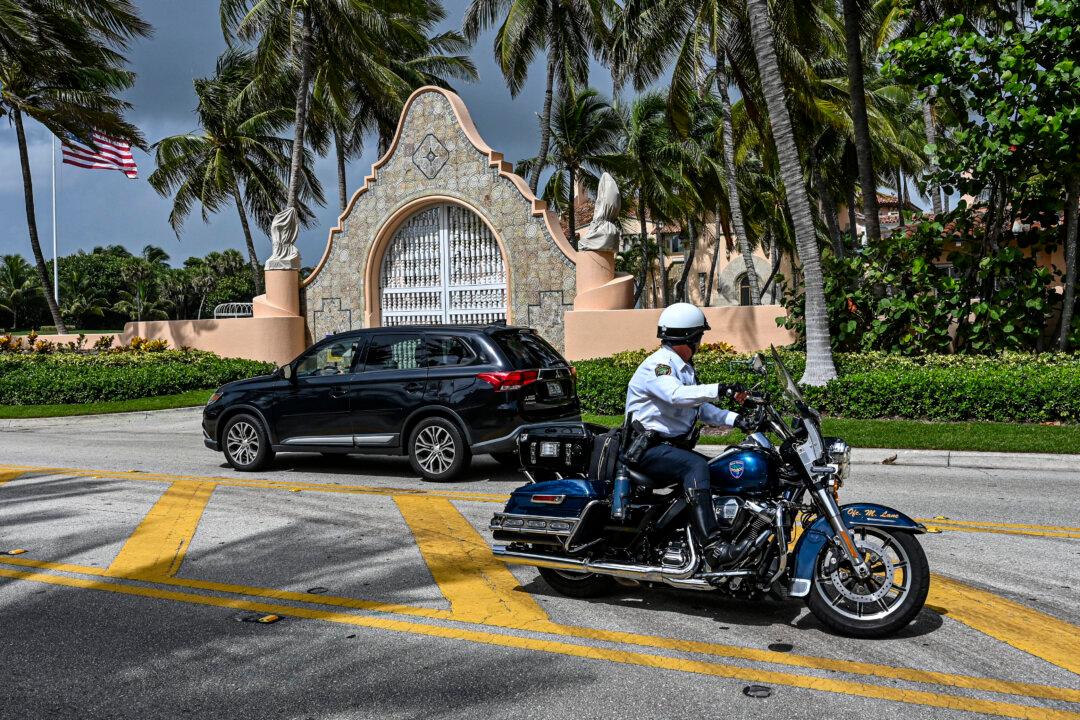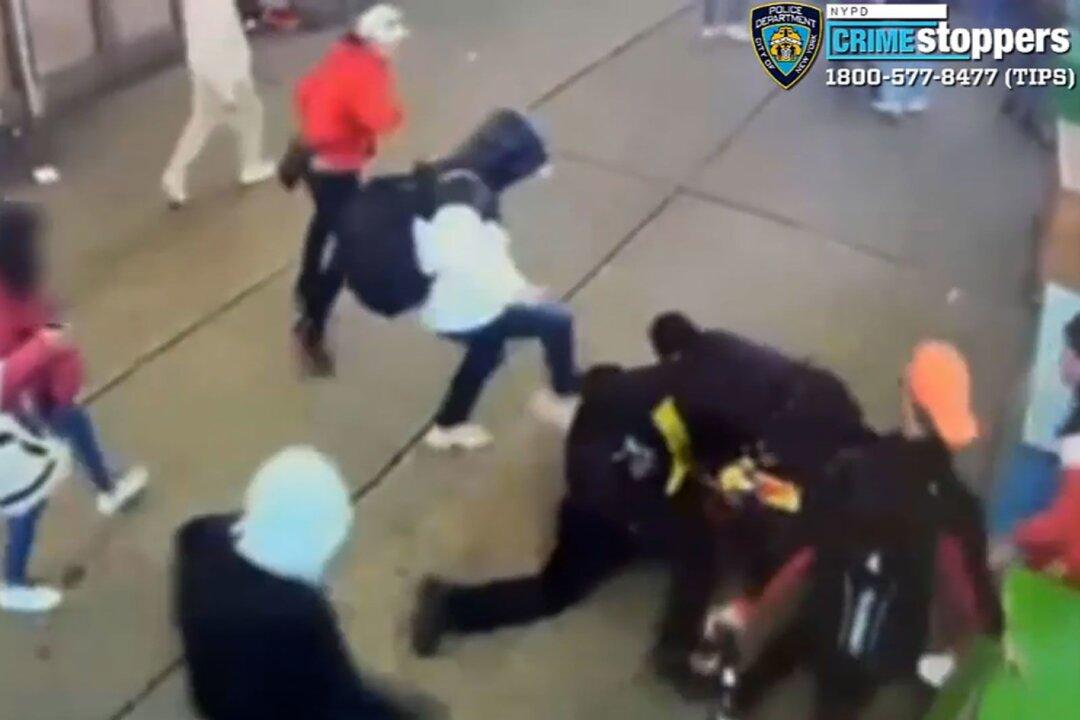Volodymyr Zelensky, the president of Ukraine, on Saturday called for a sanction list to deter potential Russian aggression.
“Develop an effective package of preventive sanctions to deter aggression. Guarantee Ukraine’s energy security, ensure its integration into the EU energy market when Nord Stream 2 is used as a weapon,” he said in his speech at the 58th Munich Security Conference.
